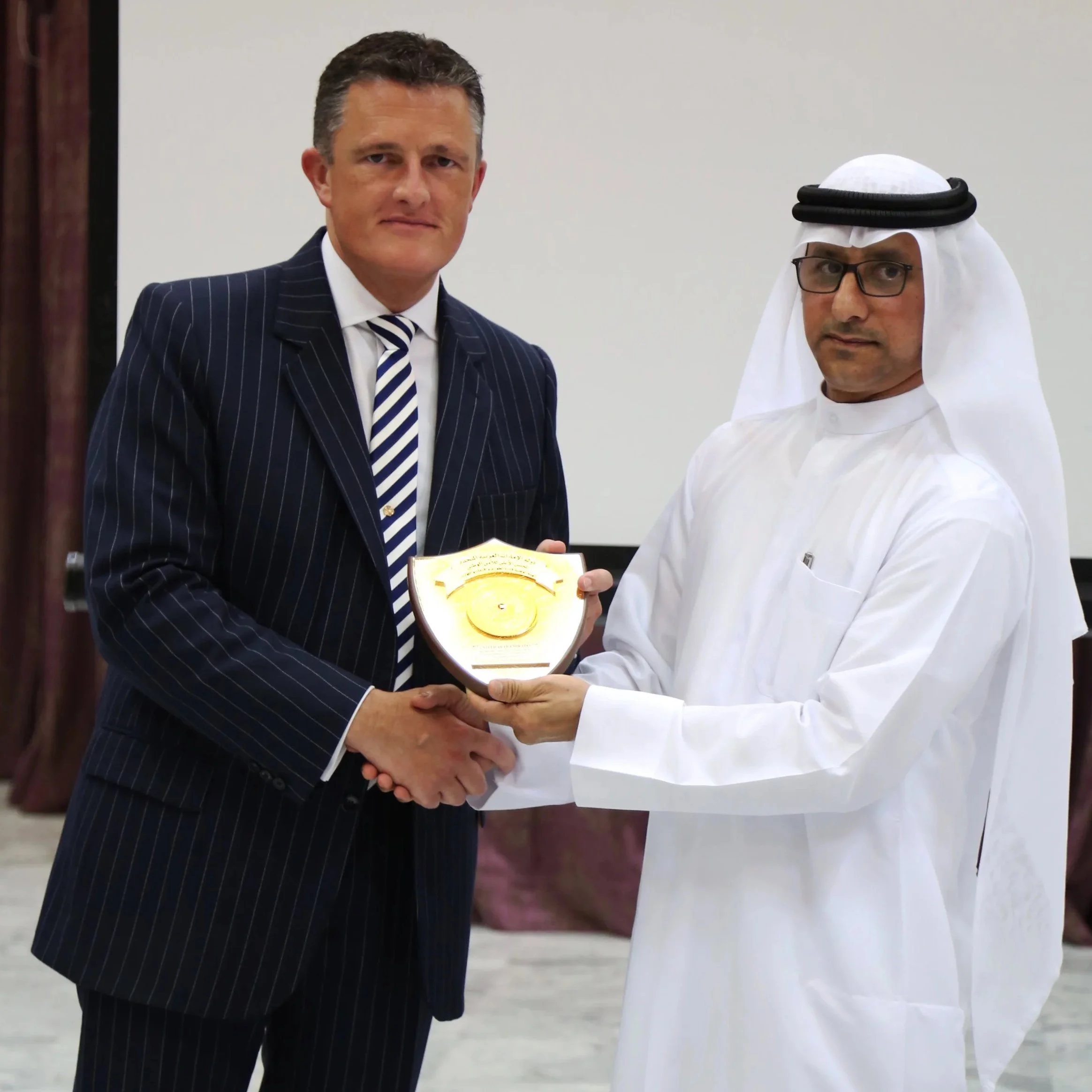Stephen has played an active role in all aspects of Emergency Response and planning for approaching 25 years. During that time, he has deployed many times following major incidents around the world. He has also brought that experience into the classroom to share his first hand knowledge with students and organisations, and has supported the development of Emergency Plans, with a particular focus on the Middle East.
Stephen holds the degree in death, dying and bereavement from Bath University, one of only 37 worldwide to do so, and is also a member of the Society of Bereavement Practitioners. He has worked extensively with those who have lost their lives in major incidents, and their families, while also representing organisations directly affected.
Stephen has responded to transport disasters, terrorist attacks, natural disasters including the Boxing Day Tsunami of 2004, and building collapses. He has also supported the Ministry of Defence in the setting up of their repatriation programme for those service personnel killed in Iraq and Afghanistan, working in both war zones on multiple occasions. He has supported Governments following major incidents, with the emphasis on reputational damage control, for example, the Australian Government in the months following the loss of MH370.
More recently, Stephen responded following the outbreak of the war in Ukraine, at a time when many hundreds of airline personnel were stranded in the country. In a matter of days, he prepared, and implemented the Evacuation Plan, which included a major mental health element, that saw those hundreds of people and their families brought out of Ukraine, and supported in their resettlement around other parts of Europe.
Stephen has considerable experience in supporting organisations prepare for potential incidents which may impact them. Whether that be the Emergency Services, Local Authorities, Governments or Corporate Entities, he works with all levels within a given organisation, quickly gaining an understanding of that organisation, their concerns around what might impact them, and what outcomes they wish to achieve. His years of practical experience the rights, and the wrongs, come together to ensure the organisation takes ownership of an effective, robust useable, and well trained plan for when the worst happens. The key to the success of any plan is ownership by those closest to it, and Stephen has spent many hundreds of ‘classroom’ hours working with teams of personnel, listening, guiding, and implementing best practice through both teaching, and collaboration.

